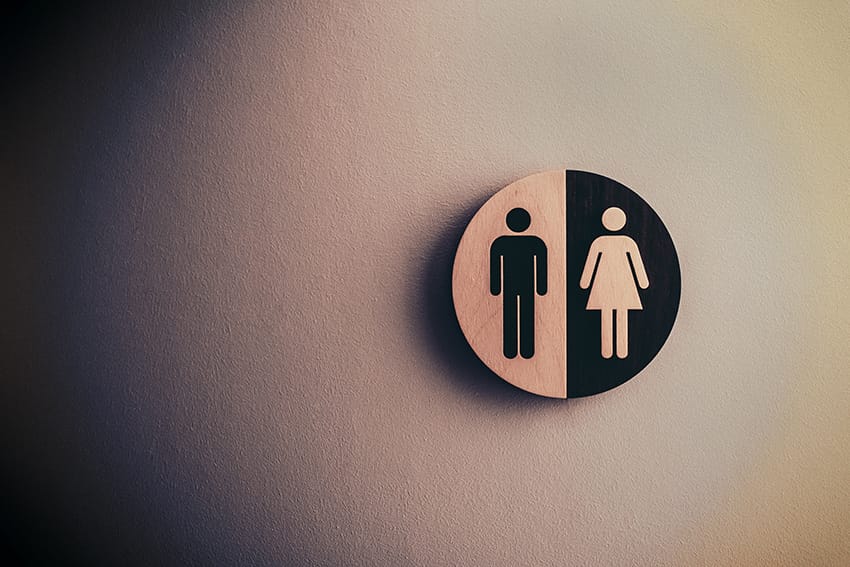 Earlier this month, the Supreme Court heard arguments for three cases that begged the question of whether employees were protected from discrimination by their employers based on sexual orientation and gender discrimination. The three cases, Altitude Express Inc. v. Zarda, Bostock v. Clayton County, and R.G. & G.R. Harris Funeral Homes v. EEOC, consisted of two cases where two gay men alleged they were fired because of their sexual orientation and one case where a transgender woman alleged she was fired when she announced she would embrace her gender identity at her workplace. The Court’s decisions will be historical. Here are five things to watch as the case evolves, whether you an employer or employee.
Earlier this month, the Supreme Court heard arguments for three cases that begged the question of whether employees were protected from discrimination by their employers based on sexual orientation and gender discrimination. The three cases, Altitude Express Inc. v. Zarda, Bostock v. Clayton County, and R.G. & G.R. Harris Funeral Homes v. EEOC, consisted of two cases where two gay men alleged they were fired because of their sexual orientation and one case where a transgender woman alleged she was fired when she announced she would embrace her gender identity at her workplace. The Court’s decisions will be historical. Here are five things to watch as the case evolves, whether you an employer or employee.
- The Decision Defines Title VII, a Major Employment Law
Title VII is historical law, designed to protect individuals and outlaw discrimination based on race, religion, national origin, and sex. In these cases, the Court is looking at what the word “sex” means under Title VII. They have already decided in prior cases that “sex” means gender, and therefore the law protects against discrimination based on gender, but the court has never had to decide whether that extends to sexual orientation and gender identity. Proponents for the inclusion of these definitions have argue that discrimination based on sex is the same as discrimination based on sexual orientation and gender identity. After all, if someone of the opposite sex would not have been fired for the same behavior, isn’t that discrimination based on sex? Others argue that this interpretation unlawfully expands the law beyond its intended use.
- The Ruling Offers Protections that Do Not Exist Currently
Currently, there is no federal law protecting against discrimination based on sexual orientation or gender identity. Only 22 states have protections for sexual orientation, and only 21 states have them for gender identity. For employers located in states without protections currently, a ruling in favor of those alleging discrimination means that suits could be brought against them for their actions where in the past, these suits may have been thrown out for lack of standing. For employees in these states, it would mean they would have more options for recourse.
- The Ruling Would Change How Other Laws are Interpreted
The Court’s ruling on Title VII would have far reaching implications. Laws often look to one another to help clarify how they should be implemented. A decision here, regarding Title VII, could help courts and federal agencies interpret Title IX, which governs sex discrimination in education, for example.
- Gender Roles are at the Forefront of Discussion
Many rights groups are interested in the decision because of how it may affect gender roles. A cis women’s rights groups argued that a decision in favor of the complainants would harm women, trans or cis, because a decision requires some stereotyping based on sex and it is women who are often held very tightly and strictly to gender norms. If correct, men and women may both suffer. For example, men who are primary care roles for their children may be seen as acting outside of their gender role.
- Sexual Orientation and Gender Rights are An Area to Watch
The Court’s decision, in either direction, is just the beginning of this conversation about sexual orientation and gender discrimination. Society has greatly evolved its discussion and conception of gender and sex in the past few decades; formal law is sure to follow.
Whether you are an employee or employer the Court’s decision in these cases will affect how you view employee rights. Keep an eye on the decision. Reach out to Michael Farhi or any of the attorneys at Kates Nussman Ellis Farhi & Earle, LLP who have traced evolutions in employment law for over 105 years with any questions.

